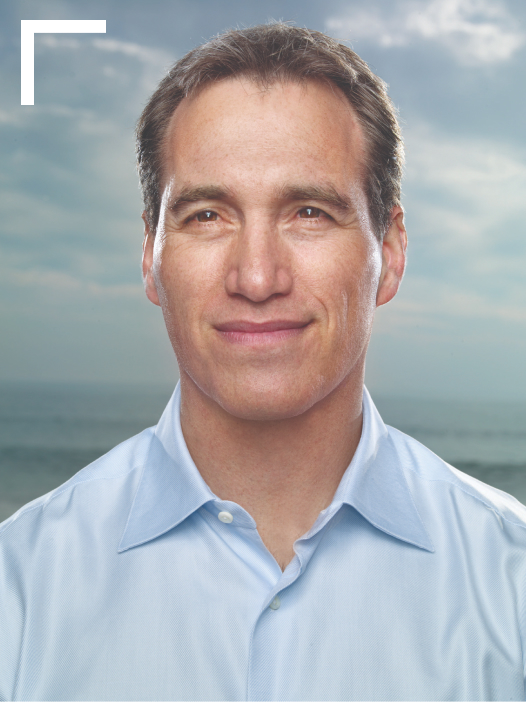
My Journey
We all have different life journeys. We all have our struggles. We all tend to romanticize our past. But as I often like to say to the executives I work with as they consider how they can strengthen their own leadership in disruptive times, “a smooth sea never made a skilled sailor.” Looking back, there are two significant life experiences that provide some sense of why I have such convictions and passion for the HOW.
He who has a why to live can bear almost any how.
Nietzsche
Growing up
Growing up, I struggled with learning disabilities.
I remember being in class, seeing all of the students deeply engrossed in a story we were taking turns reading aloud. I was petrified to read out loud. So I went to the ceiling of the class as I tried to figure out the formula: When is this teacher going to get to me? I ignored the story and frantically read my passage so that I wouldn’t be embarrassed when it was my turn to read.
I started to spend more time on the ceiling of class and of life, figuring out the human dynamics underlying any situation—Who else is suffering? Who else is scared to read? I believe that that’s when I developed a passion for the human condition – why people are the way they are and why they are treated the way they are treated.
Though I eventually ended up writing a book, I didn’t read a book until I was 17. It turns out that I was dyslexic. I graduated from high school with only two As: One in physical education and another in automobile shop.
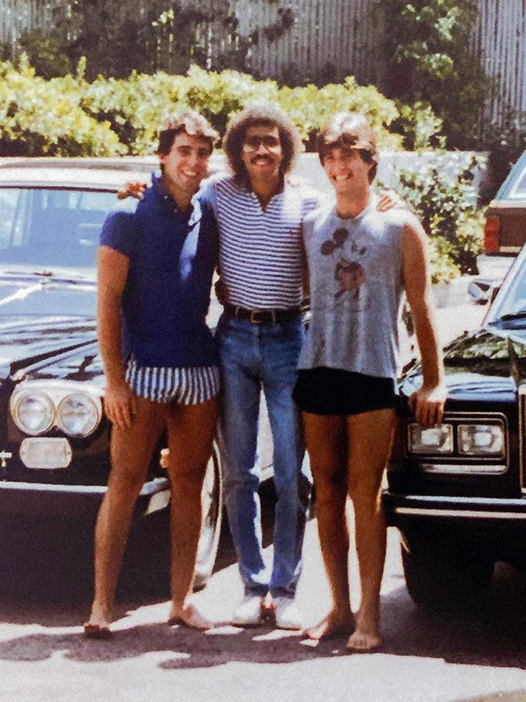
College and Graduate School
Then fast-forward to applying to college. I ended up attending UCLA, but I did not get in initially. I was admitted as a hardship case only after I explained that I needed to stay in my home of Los Angeles to continue to wash Lionel Richie’s cars, which was my first entrepreneurial endeavor, alongside my close friend Ruben.
Because all the other classes were full, I found myself taking remedial English and philosophy. I fell in love with philosophy, a discipline that teaches you how to rethink the world using observation and logic. I was particularly drawn to moral philosophy, which addresses some of life’s deepest questions, such as the nature of happiness, the difference between good and evil, and the organization of a fair and just society.
It was at UCLA that I began my life’s long love affair with ideas – with the process of thinking and rethinking fundamentals, asking deep questions, and searching for the truth. Studying philosophy ignited in me a passion for learning. And learning to read, write and reason was a direct byproduct of my engagement with philosophy.
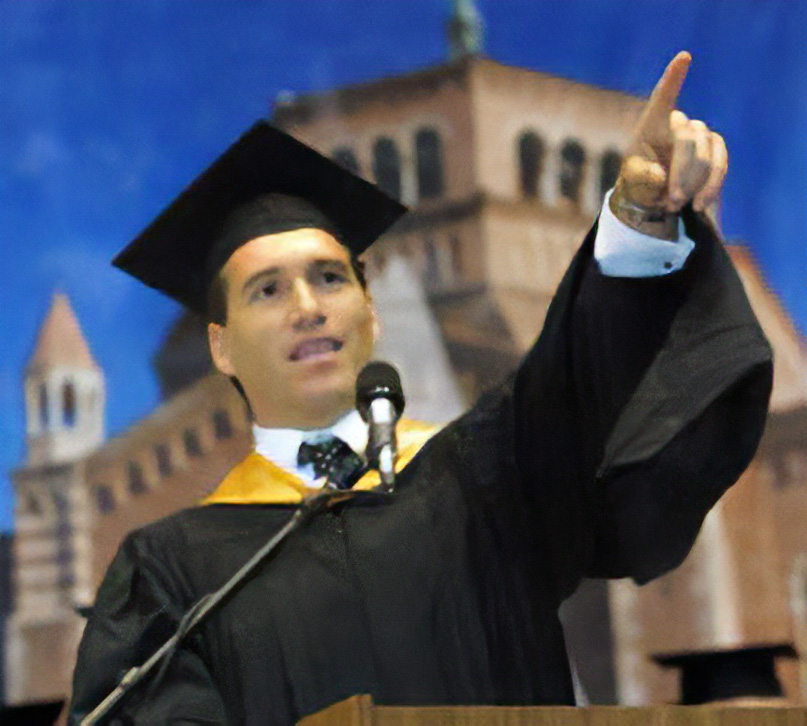
With my professors’ encouragement, philosophy helped me overcome dyslexia, and ultimately, philosophy became the cornerstone of my entire life and life’s work.
After studying philosophy as an undergraduate and graduate student, I went to law school. I then took a job at a private law firm. As I was toiling away in the law library one day, I had a vision of a world where everyone had access to the knowledge to guide them to do the right thing.
I developed a vision to help businesses become not just the best in the world, but the best for the world.
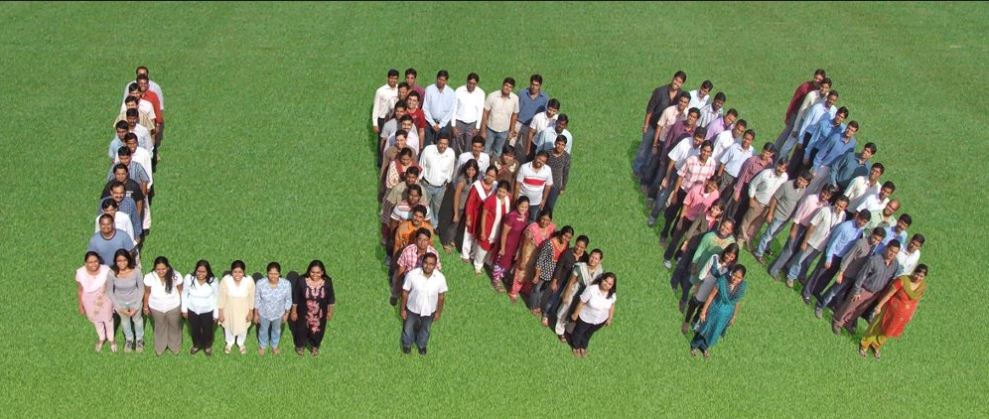
LRN & HOW
I founded LRN in 1994 from that seemingly basic notion. Today LRN operates globally, helping to shape winning organizational cultures inspired by sustainable values in thousands of companies, with millions of people who work in more than 100 countries.
As LRN grew, I kept meeting executives who were comfortable only managing what they could measure. I had a vision of new metrics (I called them HOW Metrics) that measure what really matters.
I launched a series of major research studies and statistical analysis on governance, culture and leadership in companies worldwide. These studies on how companies and their people operate and conduct themselves stress-tested the HOW Frameworks. The results indicate firmly that values-based organizational cultures (those with a human operating system and inspirational, moral leaders) more readily adopt new ideas, are more innovative, deliver better financial performance and customer experiences, enhance their recruiting success, are less plagued by employee attrition, and find lower levels of employee misconduct and retaliation—all well-established building blocks of long-term sustainability and success.
There is a difference between what you have the right to do, and what is right to do.
U.S. Supreme Court Justice Potter Stewart
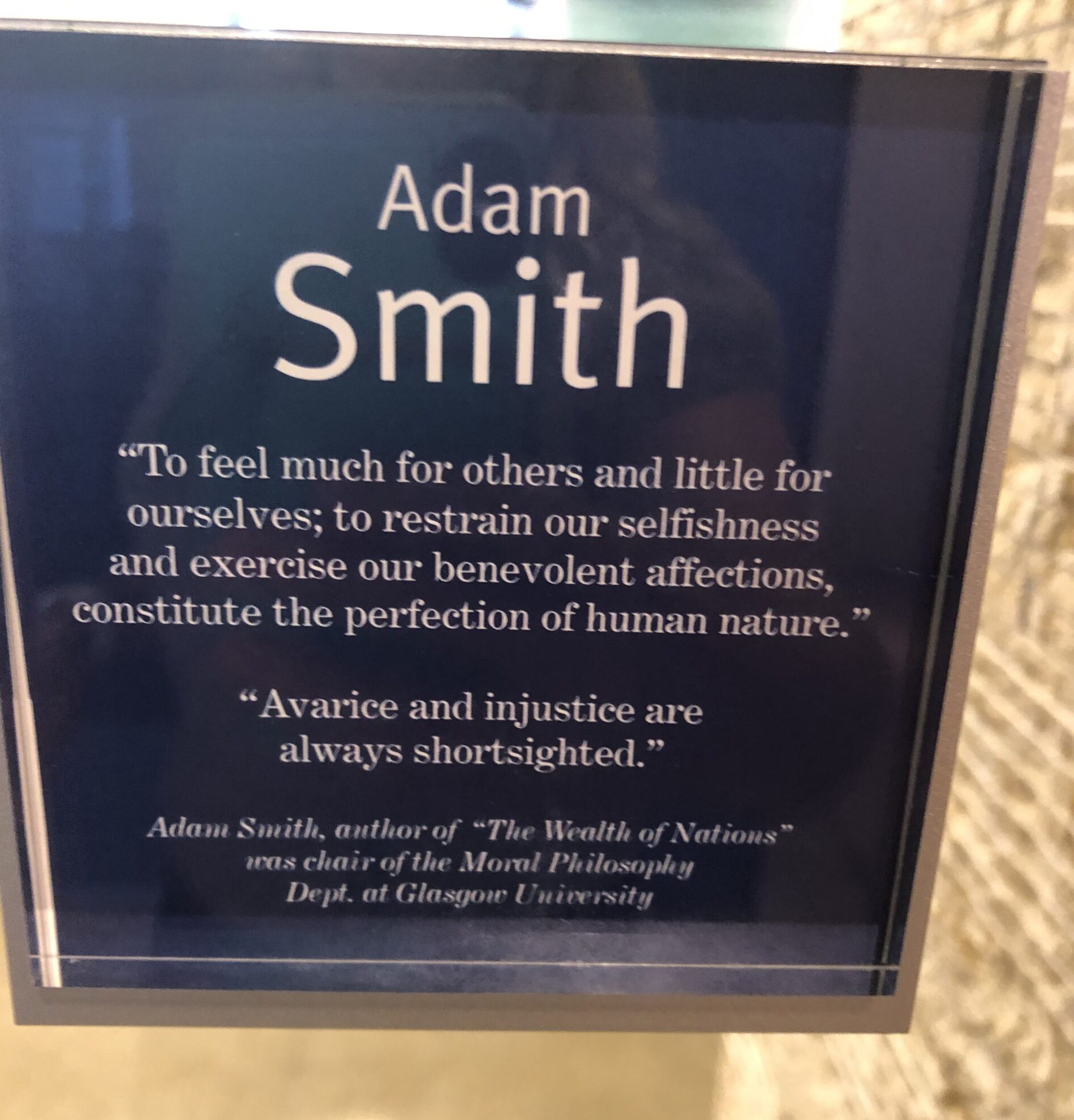
Many of the concepts and strategies identified in my book, HOW, were consciously tested in the trenches at LRN. Instead of rules, steps, or an instruction manual, I offered an approach—a framework and a way of seeing—to help people and organizations navigate the globally interdependent and morally-activated world in which we now live and work. Today, I work to help leaders and support organizations committed to scaling shared, sustainable, human values and principles – and not just shared interests.
I think the proudest thing that I could say is that, in addition to being B.E. or Before Enron, I had the privilege of infusing philosophy in everything that I did at LRN. This includes naming LRN’s 30 conference rooms all over the world after moral philosophers.
The irony is not lost on me that I was able to make a living for myself and my hundreds of colleagues by applying moral philosophy – something that is often thought of as reserved for ivory towers – to the rough-and-tumble world of business.
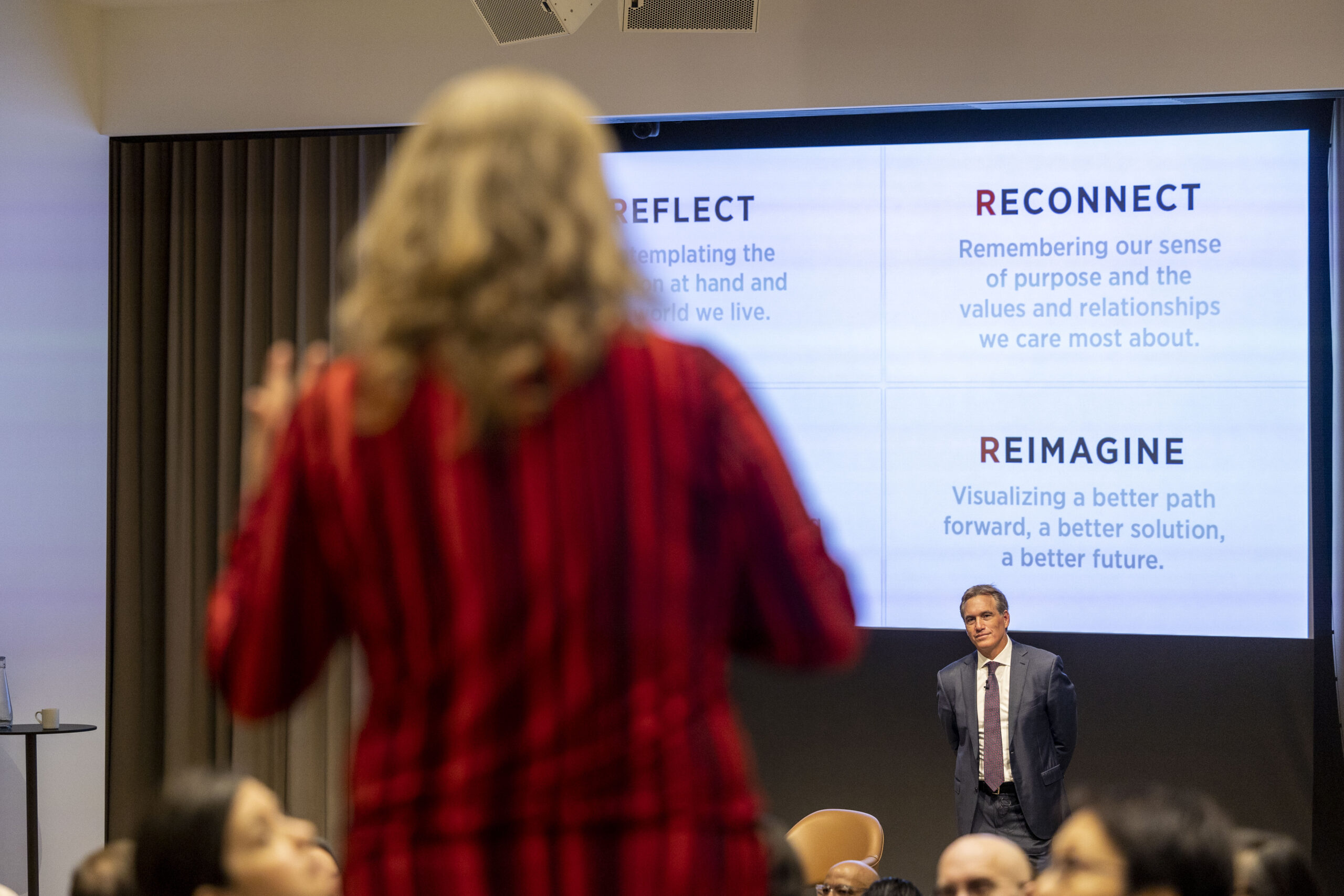
The HOW Institute for Society
In 2019, I founded The HOW Institute for Society after realizing a non-profit model could help me add a meaningful new engine to my mission and foster an even broader community of common cause.
Our work at The HOW Institute is grounded on foundational beliefs. For example, we believe that institutions must be guided by values and shaped by moral leaders, and that moral authority and formal authority must be united to create meaningful and enduring impact. We also believe that individuals must be guided by moral principles and frameworks and that trust and shared truths are essential to bringing people together as communities, organizations, and collaborators. Lastly, we believe that healthy values-inspired communities are the building blocks of a better society. We must learn what makes them work, create models to scale their success and help leaders frame the path ahead as a journey, embracing the inevitable ups and downs, but remaining resilient and committed.
We make progress on these imperatives in several ways. We work to educate and inspire established and emerging leaders through curated learning experiences. We build moral frameworks and tools. We develop new metrics and conduct original research. We bring together leaders from all sectors for conversations on the most critical issues of our times.
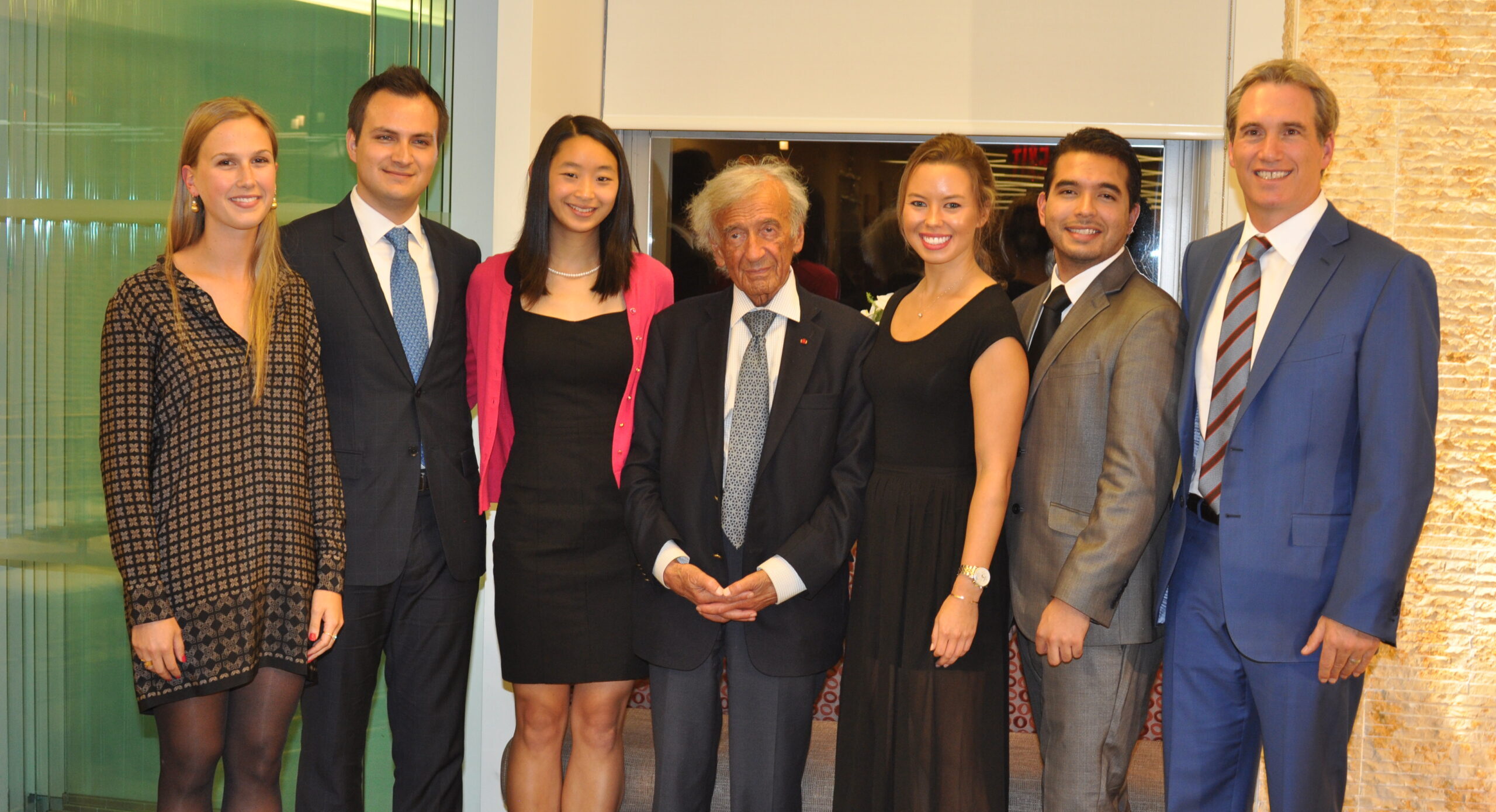
Advising and Teaching
Today, I collaborate on various projects with diverse leaders in every field and sector of society—including business, government, education, non-profits, the military, religion, sports, media and entertainment—to stimulate and inspire fresh thinking and concerted actions to help answer the most vital questions we face as a society.
I’ve always loved teaching, particularly teaching the next generation. I’ve been blessed to play an active role in teaching the many participants in our education programs at The HOW Institute and at Harvard’s Kennedy School as a Hauser Leader.
What is so unique about this corporate whisperer?: Seidman has a rare ability to take the challenges that CEOs and other leaders face in their day-to-day roles and place them in a broader context of decision-making—one that brings into greater focus the real effects on coworkers, community, and the enterprise itself.
Fortune Magazine
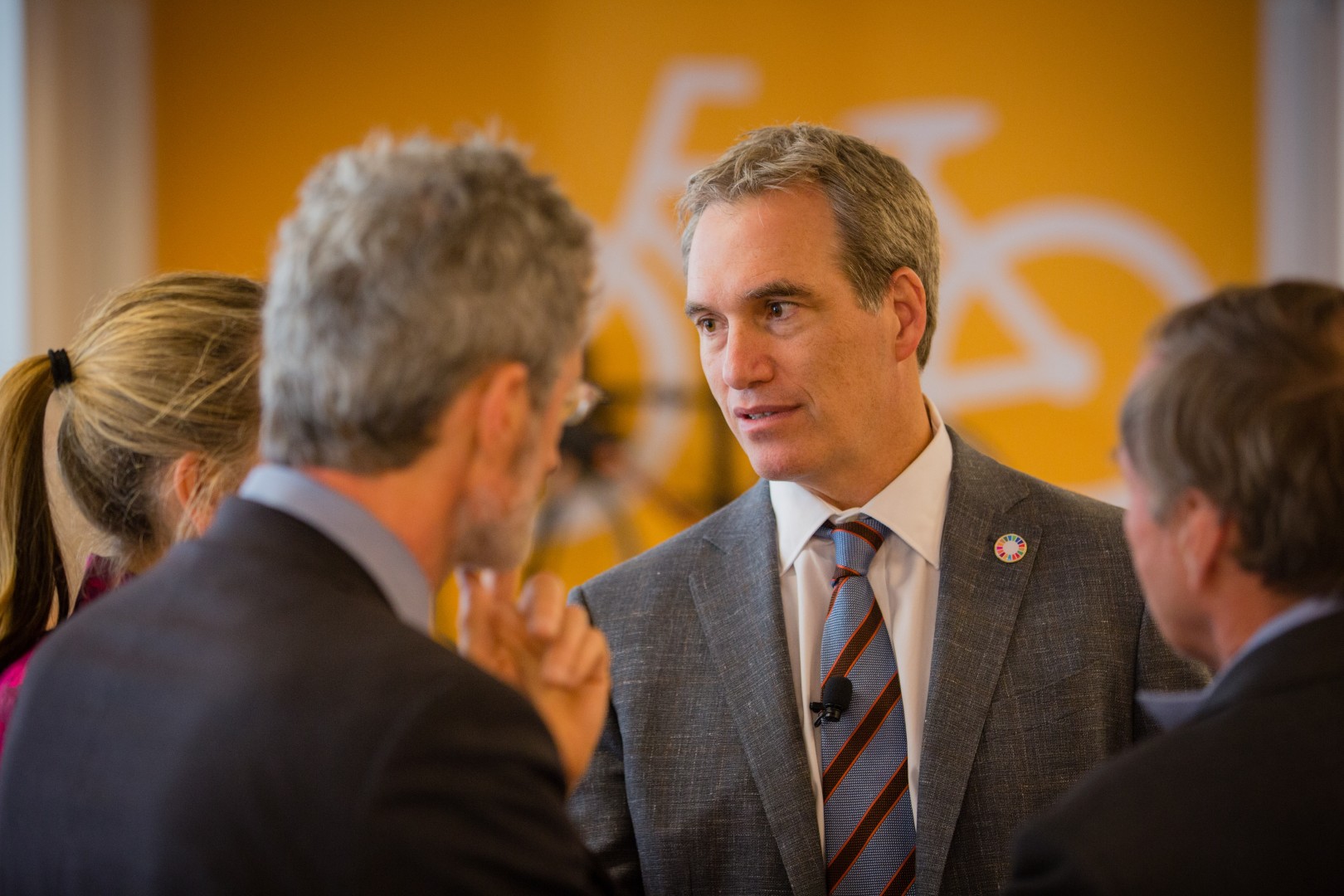
My Mission Today
The mission that animates my life’s work today is to elevate the behavior of leaders, teams, individuals, and institutions in an increasingly interdependent and morally-activated world. This includes the work I do to address what I believe is the greatest challenge of the 21st Century: to place leaders with moral authority in positions of formal authority.
I cannot think of a more quintessential definition of moral leadership than making the world more human. And in a more human world, we need to strengthen our own moral leadership so that we can continue to become the leaders we think we ought to become to do our part. We then need to help nurture and develop moral leadership in others. And we have to ensure that those leaders have the levers of power and authority.
Philosophers often deal in paradoxes. And probably the most known and ancient paradox is the paradox of happiness. That if you pursue happiness directly it tends to elude you. But if you do things that are meaningful, are valuable to others, things that you’re really passionate about because you find inherent value in them, you create the space for happiness to find you. To understand happiness is to know you can’t pursue it directly.
I developed a corollary to the paradox of happiness that I call the paradox of success. In the interdependent, interconnected world, if you pursue success directly, it will elude you. Or if you get it, it won’t last, it won’t endure as we’ve seen where we now lurch from crisis to crisis not every ten years but every ten weeks and, in some cases, every ten days. But if we pursue significance – which means being other regarding and doing something because it is truly designed to be of value to others – we create the space for success to find us.
I hope you found your way to this site because you are a fellow traveler on a mission of significance, and I hope the ideas, frameworks, and tools housed here offer you support and guidance on your journey ahead.
Click below to download Dov’s professional bio as a PDF.
More about Dov
Explore More Insights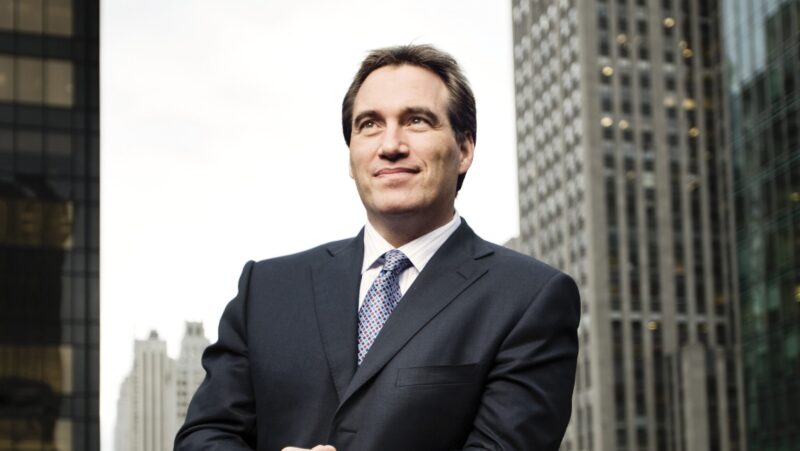
Dov Seidman’s Secret: You Don’t Have to Be a Sucker to Succeed
Seidman lays out his personal story, and his organizational philosophy, in his new book “How: Why How We Do Anything Means Everything,” in which he addresses the power of values, creativity and the willingness to think differently.
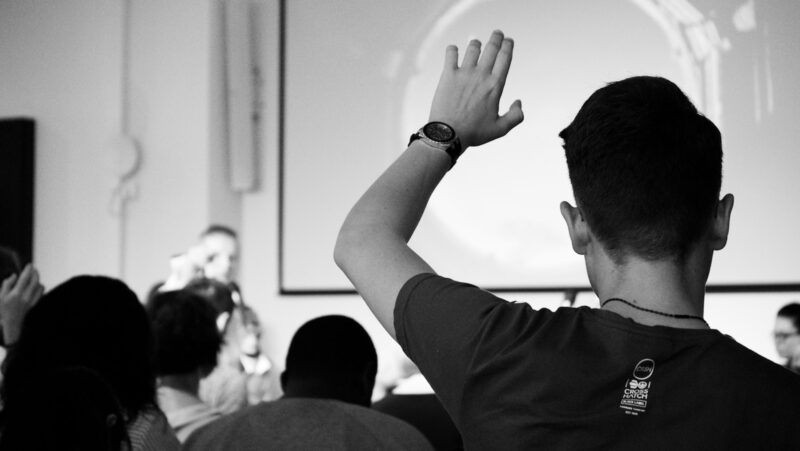
Why HOW Matters Most
Dov Seidman, Founder and Chairman of The HOW Institute for Society, joined Harvard as a Hauser Leader in the Fall of 2022. Throughout his time on campus, Dov drew students into deep, provoking conversations about frameworks and models of leadership and explored with students their own leadership journeys and how they can be guided by their deepest beliefs. Dov spoke with us about his experience engaging with students at CPL.
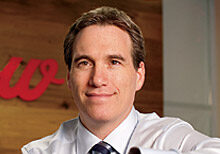
The Thought Leader Interview: Dov Seidman
The influential business author and CEO explains why the practice of enlightened self-governance gives companies an edge.
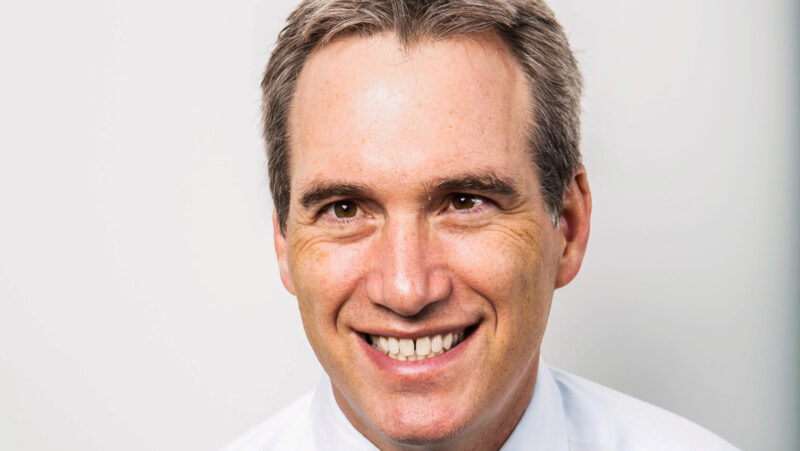
To Inspire Others, It’s HOW you Do What you Do That Matters
Our world has rapidly gone from being connected to interconnected to interdependent. When the world is tied together this intimately, everyone’s values and behavior matter more than ever, because our actions affect more people than ever and in ways they never have.

What It Means to Be a Moral Leader
Remember when leaders could sidestep taking a stand on sensitive political or social issues by saying, “The business of business is business”? That aloof neutrality no longer cuts it, says Dov Seidman, founder and chairman of The HOW Institute for Society.
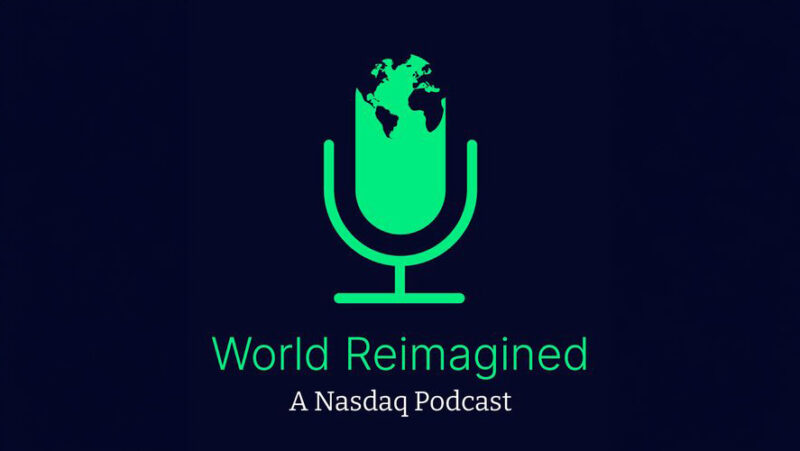
How to Out-behave the Competition with Dov Seidman
It once wasn’t uncommon to hear a boss tell their employees “just get it done. I don’t care how.” However, in the last decade, organizations have evolved. Now, we often hear leaders priding themselves on encouraging their employees to speak up. But, what if leaders created environments and cultures in which it didn’t take an act of courage for employees to speak their minds? In this episode, we explore how leaders can create a framework and playbook for moral leadership at their organizations that allows employees to out-behave and consequently out-perform the competition.